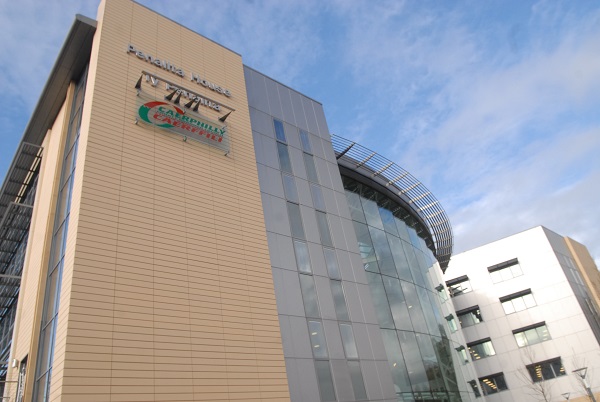 Bevan Foundation
Bevan Foundation 
Scrutiny in local government was created by the Local Government Act 2000 as part of wider changes to the way councils made decisions. In all Welsh authorities, decision-making subject committees were abolished and replaced by the Leader and Cabinet model where executive power was vested in a council leader and a small cabinet of other members having the power to make decisions both individually and collectively. Local authorities were also given overview and scrutiny functions which are the responsibility of all members not in the cabinet, in an attempt to balance these new arrangements.
Scrutiny is an independent function led by locally-elected councillors.
It involves working with other local people and organisations to help to improve services in the council area by scrutinizing them and making recommendations. It makes recommendations to the council’s “executive” to bring about these improvements either directly or via a report to a full council meeting. The composition of scrutiny committees has to reflect the political balance of the council as a whole. However, a lot of the role of the scrutiny committee(s)can be carried out in smaller “task and finish” groups away from main committee(s), which gather evidence and prepare reports on issues of importance to the local community and then report back to the relevant committee. Whilst the importance of cabinet positions and the running of cabinets have been well understood I am not sure that the scrutiny function has been as well understood.
Effective scrutiny is at the heart of strong local democracy.
The Assembly’s 2011 Local Government Measure together with the scrutiny development programme shows that Welsh Government is investing in supporting local authorities in order to use scrutiny to drive the improvement of public services. It intends to enable local authorities to development independent well resourced effective scrutiny services and includes a grant to the Centre of Public Scrutiny to deliver a Wales specific programme of scrutiny support and also brings the return of the scrutiny development fund. I also welcome the scrutiny development fund being set up by the Welsh Government.
The lack of resources available to scrutiny committees severely limits their capacity to manage their own media relations effectively.
I know of no council in Wales that has set up a media capacity for scrutiny as distinct from the council, so if a scrutiny report is critical of the council it is highly unlikely that the council would promote such criticism to the media.
On scrutiny, councils could learn from the National Assembly and set up a funded research service to support the scrutiny function. This service would need to consist of people with expertise in the areas the council is responsible for so that members of the scrutiny committee will have information and a research capability to inform their questioning. If this is not done then those scrutinising will be at a substantial disadvantage compared to those who are being scrutinised. The problem with scrutiny is that it is very much the ”poor relation” of local government and whilst the cabinet in councils is well supported by senior officers and secretarial staff, scrutiny is supported by a very small group of people.
Also there is a tendency to have to scrutinise decisions and policies after they have been enacted and there does not appear to be either the desire or capacity to scrutinise proposals prior to their enactment or their approval by the cabinet or council. All this is being done at a time of great financial pressure on local government and where it is striving to provide quality local services in difficult times.
Finally can I pay tribute to the over a thousand councillors in Wales of all parties and none who are the public face of local government the majority of whom are doing their utmost to serve their communities and make the current cabinet and scrutiny split work.
Mike Hedges is Assembly Member for Swansea East and formerly Leader of Swansea Council


